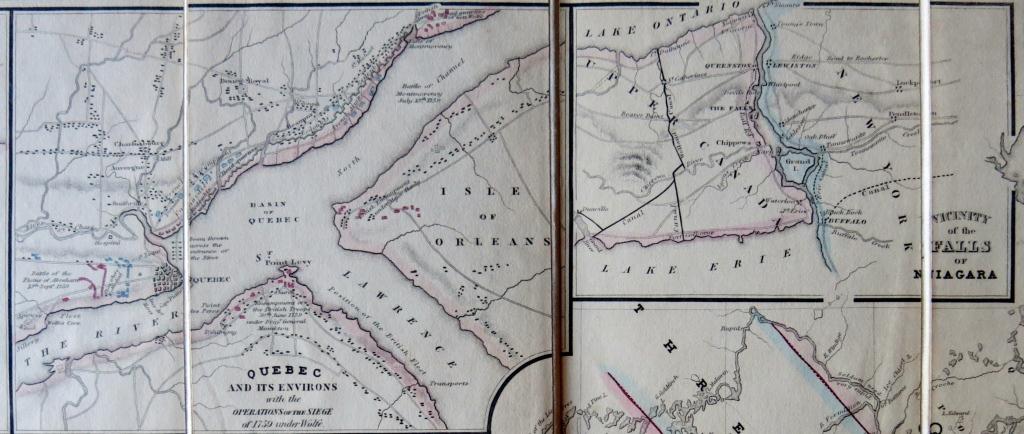By Andrea Cronin, Reader Services
As discussed in a prior post, Great Britain and the United States negotiated fishing rights throughout the early 19th century. One of the important agreements made between the British North American colonies and the United States regarding trade, tariffs, and fishing was the Reciprocity Treaty of 1854. Under this agreement, negotiated by British North American Governor General Lord James Bruce Elgin and Secretary of State William L. Marcy, the provinces offered the right to coastal and inshore fisheries and the use of the St. Lawrence River to the United States. In exchange, the United States established free trade with the provinces by removing tariffs from natural products including grain, meats, produce, coal, timber, and lumber.

Reciprocity, by definition, is the exchange of privileges with others for mutual benefit. Free trade meant that the United States’ markets faced an exponential flood of British North American products without any protective tariffs to secure the national, regional, and local markets. Additionally, many Americans did not view the treaty favorably because the rights to coastal fishing in Canada had previously been theirs in the Treaty of Paris in 1783. While the American agricultural markets faced market saturation, the Reciprocity Treaty favored New England and New York fishing industries due to Secretary of State William L. Marcy’s negotiations. Born in Southbridge, Mass., and residing in Albany, New York, Americans accused Marcy of sectionalism, referring to the Reciprocity Treaty contemptuously as “Mr. Marcy’s treaty.”
An author using the nom de plume “Middle State Farmer” raised several objections to the agreement in his pamphlet The Agriculture Interest in 1854:
But we have thrown our markets as wide open as though these British provinces were States of this Union – markets which they will seek to sell in, receiving only in payment our precious metals, or exchange on England, to pay for the goods they buy of her. Everything they can grow on soil, produce from their forests or their mines, we shall have to take on these terms.
What do they give us in return besides their river to navigate, which they can’t navigate much themselves – being frozen tight six months in the year, and a hazardous navigation the other six – and a right to catch fish where we had always caught them before? What real reciprocity can they offer us in the way of markets?
The reciprocity agreement met increasing disapproval over the following decade. American protectionism, exemplified here in the Middle State Farmer’s argument, led to the abrogation of the treaty by the United States in 1866.

